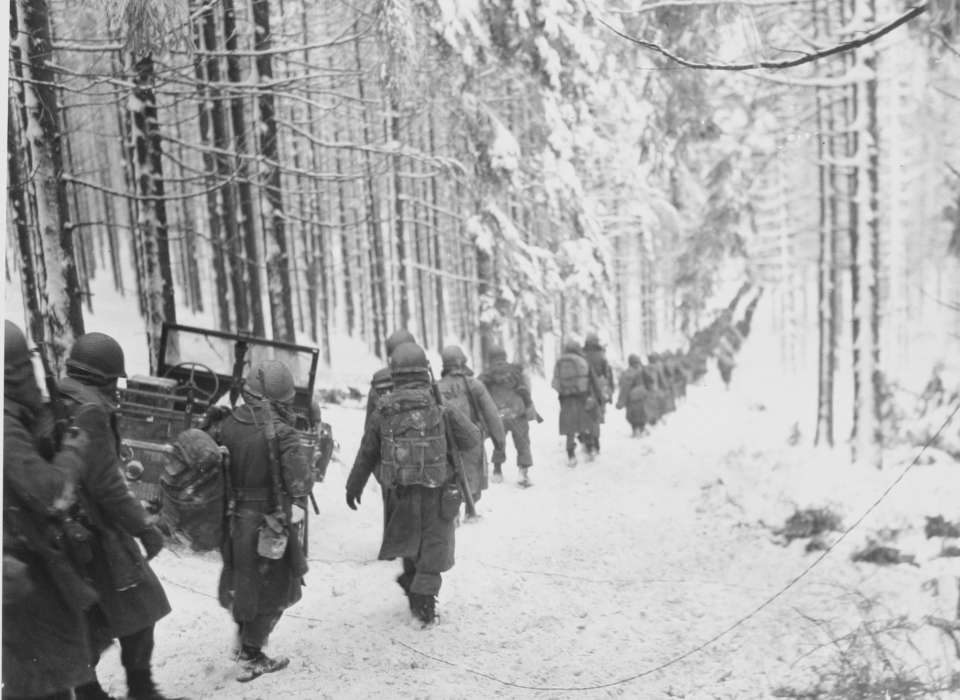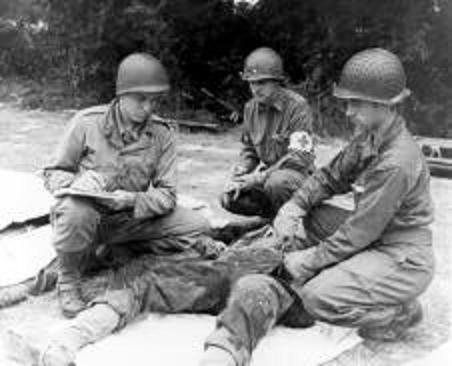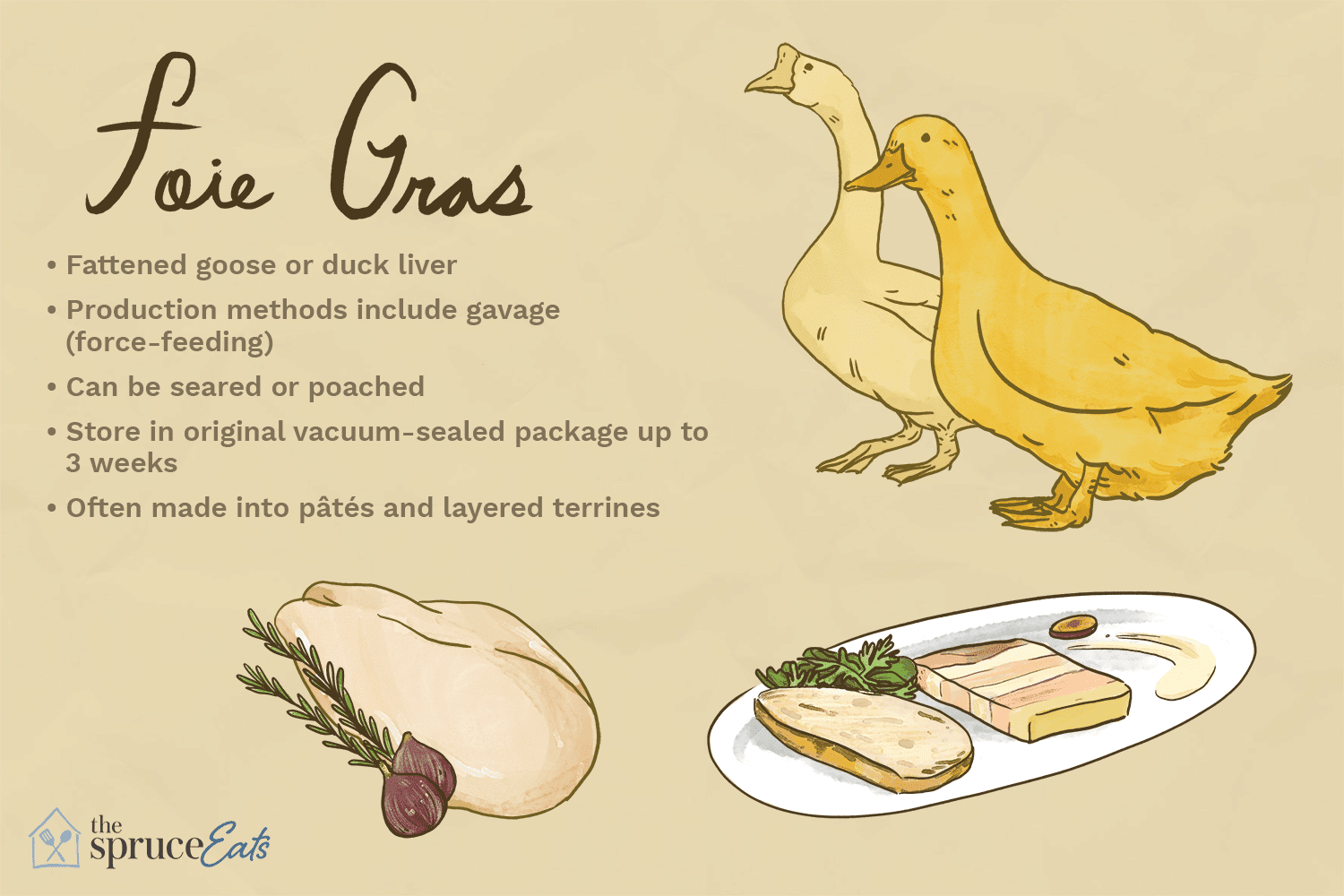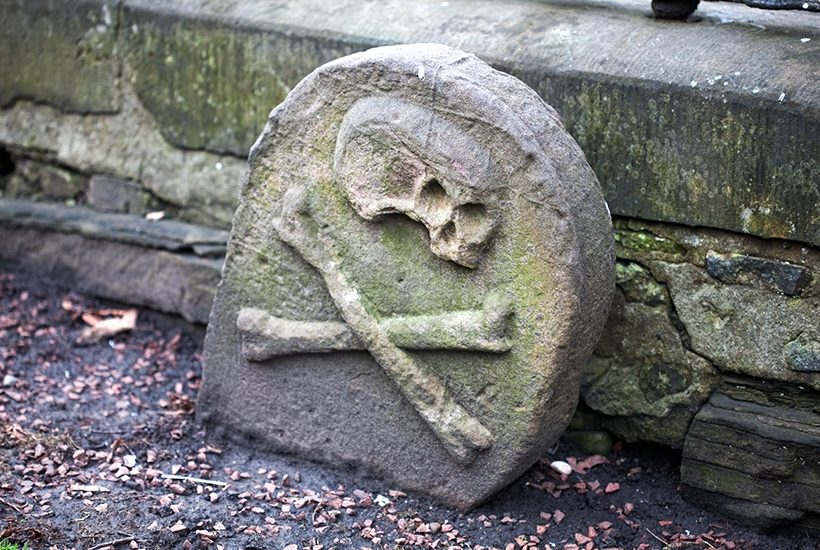To mark Memorial Day, 2007, Peter Collier wrote a magnificent reflection in the Wall Street Journal. Before he died this past November, he gave permission to his friends at Power Line to reprint it. Scott Johnson’s introduction is necessarily succinct: “The column remains timely and is accessible online here. I don’t think we’ll read or hear anything more thoughtful or appropriate to the occasion today.”
Under the heading “America’s Honor,” the essay begins:
Once we knew who and what to honor on Memorial Day: those who had given all their tomorrows, as was said of the men who stormed the beaches of Normandy, for our todays. But in a world saturated with selfhood, where every death is by definition a death in vain, the notion of sacrifice today provokes puzzlement more often than admiration. We support the troops, of course, but we also believe that war, being hell, can easily touch them with an evil no cause for engagement can wash away. And in any case we are more comfortable supporting them as victims than as warriors.
It follows with a selection of biographical sketches of the 110 living Medal of Honor recipients Collier had previously interviewed for a book. Each summary is incandescent with the self-sacrificial courage of men on the battle field. Each one illumines the true meaning of love of neighbor. It is a passion that leads to the cross, not to the cheap grace of fine feeling and its satisfactions. On the front lines of the lived life, Gethsemane and the anguished—often obscure—conditions of charity are one and the same.

Collier condenses the story of Jose Lopez’s preternatural heroism in the Ardennes during the Battle of the Bulge. Hitler’s “Last Gamble” was lost to men like Lopez. The essay tells of Jack Lucas, only seventeen when he landed on Iwo Jima. Lucas threw himself onto two grenades to save his mates. The medic Desmond Doss, a conscientious objector, stayed with the wounded on an abandoned position in Okinawa. Under fire, he pulled 75 men to safety. Collier spoke, too, with surviving POWs in Vietnam, bloodied guests of the Hanoi Hilton. Nevertheless, the stories, compiled in Collier’s Medal of Honor: Portraits of Valor Beyond the Call of Duty, are about more than killing.
Several Medal of Honor recipients told me that the first thing they did after the battle was to find a church or some other secluded spot where they could pray, not only for those comrades they’d lost but also the enemy they’d killed. . . . We impoverish ourselves by shunting these heroes and their experiences to the back pages of our national consciousness. Their stories are not just boys’ adventure tales writ large. They are a kind of moral instruction.
Read the whole thing. Read it on your knees.

• • • • •
We do not observe Memorial Day to celebrate war. Hardly that. We do it to remind ourselves, most especially our children, of the cost of our heritage. With that harrowing price in mind, it is impossible not to cringe at the speed, and heedlessness, of our surrender to a media-generated panic over the latest Chinese import: Wuhan flu. Or COVID-19, if you prefer the term of art. A culture obsessed with safety loses more than its capacity to cope with uncertainties. If the mutual shunning rampant here where I live can be taken as a sign, it loses its soul.
Matthew Crawford coined the term safetyism to describe the cultural pathogen riding shotgun on the pandemic:
I suspect the ease with which we have lately accepted the authority of health experts to reshape the contours of our common life is due to the fact that safetyism has largely displaced other moral sensibilities that might offer some resistance. At the level of sentiment, there appears to be a feedback loop wherein the safer we become, the more intolerable any remaining risk appears.
He condenses into a useful paragraph the tangled political warfare at work in the ongoing lockdown;
A pandemic is a deadly serious business. But we would do well to remember that bureaucracies have their own interests, quite apart from the public interest that is their official brief and warrant. They are very much in the business of tending and feeding the narratives that justify their existence. Further, given the way bureaucracies must compete for funding from the legislature, each must make a maximal case for the urgency of its mission, hence the necessity of its expansion, like a shark that must keep moving or die.
Just so. While bloated city and state bureaucracies angle for bailout money, a gleeful media trumpets the daily death count. It rides the gravy train by keeping bad news coming. Even if it has to goose it along.
Here in my town, street life—or what passes for it during the lockdown—is surreal. Our local branch of Bank of America hired a private security guard to police the entrance. He blocks anyone without a mask from walking into the vestibule to use the ATM machine. The nearby Emergency Care Center keeps its door locked. If you need care, call the number of the reception desk inside and visible through the glass. Then wait outside 20-30 minutes while insurance ID is validated. And until the previous patient leaves. You can sit on the sidewalk if you feel weak; but you cannot come in. No matter the weather.
All church doors are bolted shut. Each posts a flyer stating the socially conscious, law-abiding virtue of the prohibition. Just yesterday my local parish took the valiant step of announcing it will begin a phased re-opening—around July 1st! Phase One, bold thing, will dare unlock the door. Celebration of Sunday Mass will have to wait for Phase Five, whenever that might be.
The smug, repellant pol who sits in the Executive Mansion in Albany has punctuated parkways with solar-powered LED road signs advising us: “Cover faces in public” or “Wear masks. Save lives.” And a stirring: “We’re NY tough.”
There is no need to keep going. You have your own stories. We all know the news. Some of it is comedy. But there is nothing amusing in the effect of communal dread on ordinary comings and goings. The psychology of safetyism infects the simplest, most benign interactions. We cower from each other as if from small pox or typhoid. Every neighbor is a potential contaminant. Every passerby is a carrier of mortality.
One sure way of extinguishing civil society is to make a god of guaranteed safety. And a suspect enemy of your own neighbor. The men we mourn on Memorial Day ought not forgive us for what we have made of their agony.




